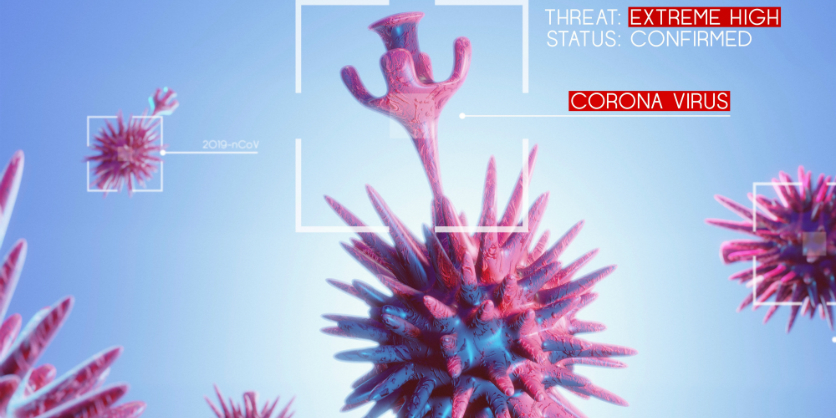What is coronavirus?
Coronaviruses (CoV) are a large family of viruses that cause illness ranging from the common cold to more severe diseases. Named after their crown-like shape, coronavirus was first identified in the 1960s. Common human coronaviruses, including types 229E, NL63, OC43, and HKU1, usually cause mild to moderate upper-respiratory tract illnesses, like the common cold. A novel coronavirus (nCoV-19) is a new strain that has not been previously identified in humans and is identified as the cause of an outbreak of respiratory illness first detected in Wuhan, China.
Symptoms of Coronavirus infection:
The symptoms of most coronaviruses are similar to any other upper respiratory infection. In most cases, you won’t know whether you have a coronavirus or a different cold-causing virus, such as rhinovirus. Most common symptoms of coronavirus infection may include:
- Runny nose
- Headache
- Cough
- Sore throat
- Fever
- A general feeling of being unwell
In more severe cases, the infection can cause pneumonia, Severe Acute Respiratory Syndrome (SARS), kidney failure and even death.
Transmission:
Coronaviruses are a large family of viruses that are common in many different species of animals, including camels, cattle, cats, and bats. Rarely, animal coronaviruses can infect people and then spread between people such as with Middle East Respiratory Syndrome (MERS) and SARS.
When person-to-person spread has occurred, it is thought to have happened mainly via respiratory droplets produced when an infected person coughs or sneezes, similar to how influenza and other respiratory pathogens spread. The spread of SARS and MERS between people has generally occurred between close contacts.
Diagnosis:
Your healthcare provider may order laboratory tests on respiratory specimens and serum (part of your blood) to detect human coronaviruses. Laboratory testing is more likely to be used if you have severe disease.
If you are experiencing symptoms, you should tell your healthcare provider about any recent travel or contact with animals. Most CoV infections causing advanced diseases like MERS (Middle East Respiratory Syndrome) and SARS (Severe Accurate Respiratory Syndrome are deadly. Therefore reporting a travel history or contact with animals or animal products is very important when trying to diagnose CoV infections.
Prevention & Treatment:
There is currently no vaccine to prevent 2019-nCoV infection. The best way to prevent infection is to avoid being exposed to this virus. However, everyday hygiene habits can help prevent the spread of the virus. Some of the habits include:
- Wash your hands often with soap and water for at least 20 seconds. Use an alcohol-based hand sanitizer that contains at least 60% alcohol if soap and water are not available.
- Avoid touching your eyes, nose, and mouth with unwashed hands.
- Avoid close contact with people who are sick.
- Stay home when you are sick.
- Cover your cough or sneeze with a tissue, then throw the tissue in the trash.
- Clean and disinfect frequently touched objects and surfaces.
You treat a coronavirus infection the same way you treat a cold:
- Get plenty of rest
- Drink fluids
- Take over-the-counter medicine for sore-throat and fever
There is no specific antiviral treatment recommended for nCoV-19 infection. People infected with nCoV‑19 should receive supportive care to help relieve symptoms. For severe cases, treatment should include care to support vital organ functions.
(Note: The following article is derived from authentic sources and is based on the latest updates as on 30 Jan 2019)

